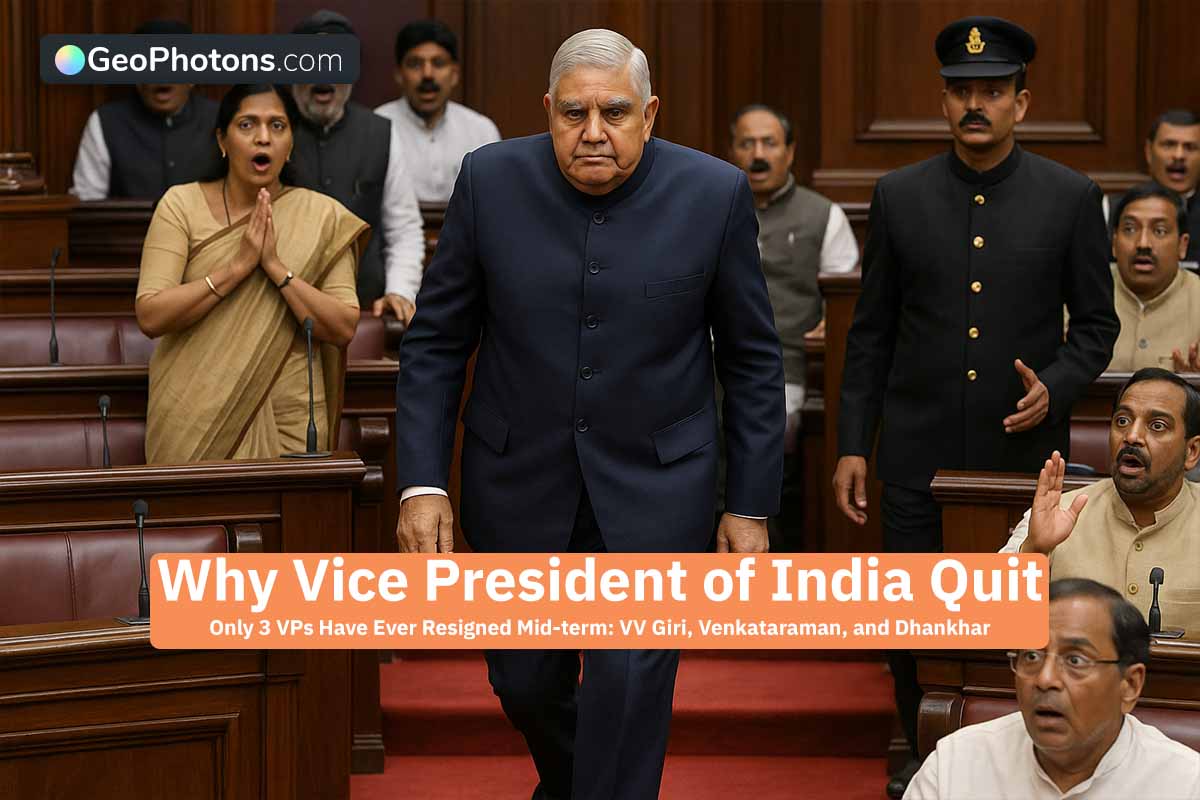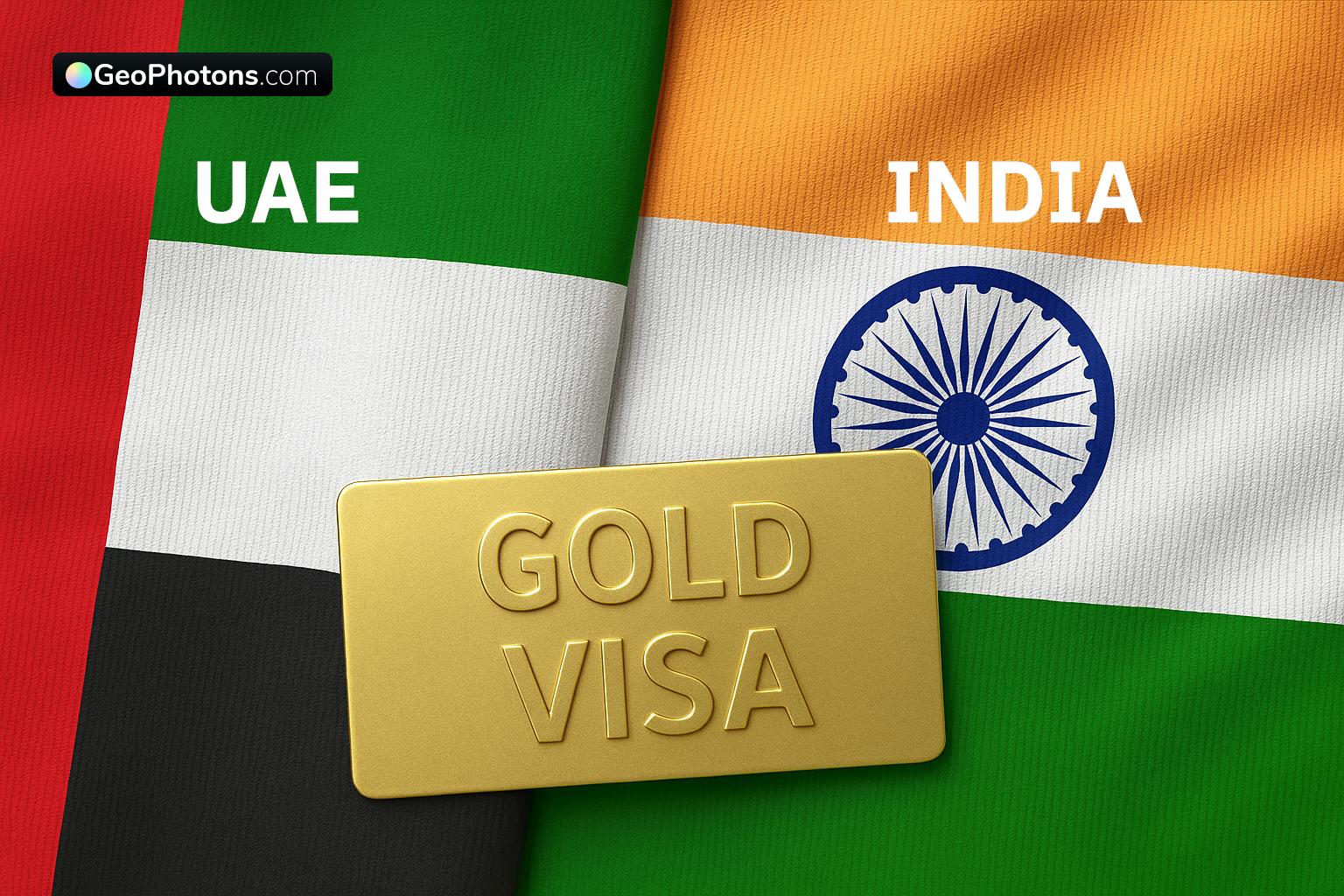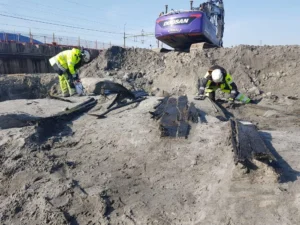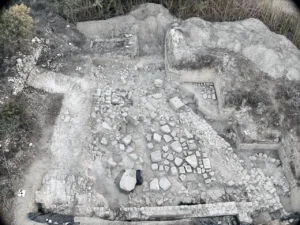Russia Recognised the Taliban as Nation
Russia officially recognised the Taliban as Nation in July 2025, stirring global debate. Learn what this means for India, human rights, global trade, and diplomacy.
Diplomatic shift — Russia’s bold move shakes the world
On July 3, 2025, Russia made history by recognising the Taliban government in Afghanistan—the first country to do so since the Taliban’s 2021 takeover. This followed Russia removing the group from its outlawed list and formally accepting credentials from Taliban ambassador Gul Hassan Hassan. According to The Hindu, this move is about more than formality—it’s about power, trade, and regional clout. With over 90 countries refusing to follow suit, Russia’s decision signals a sharp turn in how the world may start treating Afghanistan.
Recognition timeline — How the Taliban finally got a “yes”
The Taliban had tried for four years to gain global recognition. They took over Afghanistan in August 2021 and repeatedly reached out to world powers. Countries like China and Iran allowed Taliban ambassadors but didn’t officially recognise the regime. Now, Russia has gone one step further. According to India TV, this marks the first formal acceptance of the Taliban’s authority. For Afghanistan, it’s a major win in their push to secure investment and rebuild from decades of war and instability.
Trade agenda — What Russia really wants from Afghanistan
Russia’s move isn’t just about diplomacy—it’s also about money and strategy. Afghanistan sits in a key spot for trade with Southeast Asia. Russia hopes to use it as a transit route for gas exports and tap into its $1 trillion mineral reserves, including lithium and rare earths. The Hindu reports plans for joint energy, agriculture, and infrastructure projects. With Western sanctions biting hard, Moscow needs new friends and fresh markets—and Afghanistan might just be the link it’s looking for.
📌 Quick Fact Box
- 📅 Date of Recognition: July 3, 2025
- 🏛 First Recognising Nation: Russia
- 👤 Taliban Ambassador: Gul Hassan Hassan
- 🌍 Taliban Rule Since: August 15, 2021
- 💰 Afghan Mineral Value: Estimated $1 trillion
India’s angle — Should New Delhi worry or wait?
For India, Russia’s move presents a tricky puzzle. While New Delhi has sent humanitarian aid worth ₹700 crore to Afghanistan since 2021, it hasn’t recognised the Taliban government. With Moscow now openly backing Kabul, India risks being left out of key conversations in Central Asia. Security is a huge concern too, with Pakistan’s influence in Afghanistan growing. The Times of India suggests India may now need to rethink its quiet diplomatic outreach to the Taliban to avoid losing strategic ground.
Women’s rights — Are global values being ignored?
Human rights activists are furious. Afghanistan still bans girls from secondary schools, and women are barred from many jobs and public spaces. According to UNICEF, 2.5 million girls remain out of school. By recognising the Taliban, critics say Russia is rewarding a regime that openly suppresses women. NDTV reported that Afghan women held small protests in Kabul, saying this move “betrays our suffering.” It’s a tug-of-war between politics and basic rights—and millions of Afghan women are caught in the middle.
Humanitarian crisis — A nation still hurting
Afghanistan’s economy has collapsed. The United Nations says over 90% of the population lives in poverty, with rising hunger and no stable jobs. In the northern provinces, drought has wiped out 40% of crops and killed hundreds of thousands of livestock. Russia’s recognition might unlock trade and aid, but there’s no guarantee it will reach those who need it most. As reported by The Guardian, the Taliban’s poor governance has made life even harder for everyday Afghan families struggling to survive.
Security risk — Will terror groups find space again?
Security experts worry that international recognition might embolden terror groups. The United Nations Security Council notes that Al-Qaeda and ISIS-K still operate in Afghanistan. With fewer global restrictions, these networks may find new breathing room. Russia insists it’s watching carefully, but analysts quoted in India Today warn that without strict oversight, Afghanistan could again become a launchpad for extremism. For India, that’s an alarming thought—especially after the memories of the 1990s and early 2000s.
Global game — Is this a new world order forming?
Russia’s move fits into a larger pattern. It’s trying to build stronger ties with non-Western nations, especially those who’ve been isolated by the US and Europe. Recognising the Taliban isn’t just about Afghanistan—it’s a signal. Russia, China, and Iran are creating new alliances that challenge Western influence. According to Rajya Sabha TV, this could redefine diplomacy for years to come. It’s not just geopolitics—it’s about who writes the rules, who follows them, and who chooses to ignore them entirely.
Will others follow? Watch this space
Russia’s decision could nudge other countries to follow, especially those looking for trade deals or regional clout. But it won’t be easy. Western sanctions still apply to many Taliban leaders, and most international banks won’t touch Afghan assets. India, Saudi Arabia, Turkey, and even China are watching closely. As per The Indian Express, some may test the waters with soft engagements first. The next few months could bring a slow shift—or a flood of recognitions. No one’s quite sure yet.
What now? A future full of hard choices
Russia’s recognition of the Taliban might change Afghanistan’s path—but it also opens a box of tough questions. Will it help ordinary people? Will other nations follow? Or will it just empower a regime with a bad human rights record? For now, the world watches. As Taliban Foreign Minister Amir Khan Muttaqi said, “Russia’s move shows courage—we hope others will see the truth too.” Whether that truth leads to hope or hardship, time will tell. Stay informed, and keep asking tough questions.
Share this content:














Post Comment